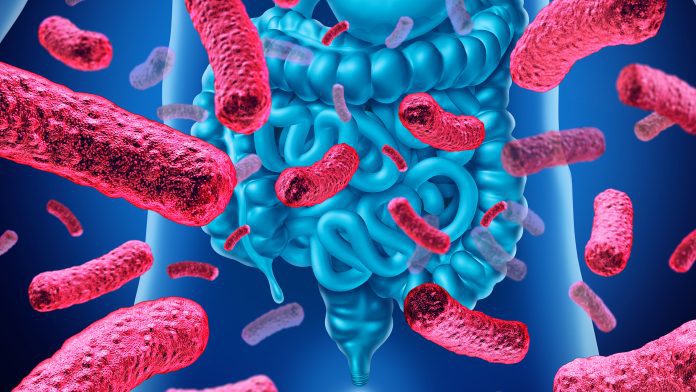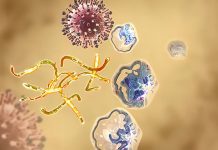
According to research from Uppsala University and Lund University, there are strong links between gut bacteria and the levels of small molecules in the blood known as metabolites.
A team of scientists from Uppsala University and Lund University has found links between certain living gut bacteria and small molecules found in the blood. The researcher’s analysed blood and faecal samples from 8,583 Swedish participants taken from the CArdioPulmonary bioImage Study (SCAPIS).
The study has been made freely available and the researchers say the aim of their project was to ‘contribute to the expanding knowledge base concerning how gut microbiota influence human health.’
The findings have been published in the Nature Communications journal.
Why is gut bacteria important?
Gut microbiota or gut bacteria refers to all the microorganisms that live in a person’s gut. The largest population of microorganisms in the body live within the gut.
“Earlier studies have shown that the large bacterial community in our digestive system produce a variety of molecules, with the potential to enter the bloodstream and to impact our health. Conversely, medication or dietary components may affect the microbiota composition before entering the blood circulation. Characterisation of these interactions is an important step towards understanding the effects of the gut microbiota on health,” said Tove Fall, Professor of Molecular Epidemiology at the Department of Medical Sciences and the Science for Life Laboratory, Uppsala University, who coordinated the study together with researchers from Lund University.
Recent technological developments have allowed scientists to perform large-scale deep characterisation of bacterial communities in biological samples. This is achieved by sequencing the DNA content of the samples and comparing the results to DNA sequences from known bacteria. Technological advances in chemistry have allowed for larger simultaneous screens of blood, making it easier to measure small molecules in the bloodstream. The SCAPIS study is one of the largest collections in the world of both types of data.
Potential for more research
“Gut bacteria have a universe of their own and we have just started to understand how the human host and the bacterial community affect each other. Our results show that for certain blood metabolites, gut bacteria are a strong determinant,” said Marju Orho-Melander, Professor of Genetic Epidemiology, Lund University, and one of the senior authors of the study.
The researcher believes that the breadth of their findings will encourage other international groups focusing on gut bacteria and host interactions to produce more research. Therefore, they have decided to publish documents associated with their project on a public website hosted by SciLife Data Centre in Uppsala.
“The large number of samples containing high-quality data allowed us to identify many novel associations between gut bacteria and metabolites. We have therefore chosen to publish all of our findings in an online open resource for the research community to use for their varying needs,” said Koen Dekkers, lead author from Uppsala University.






















